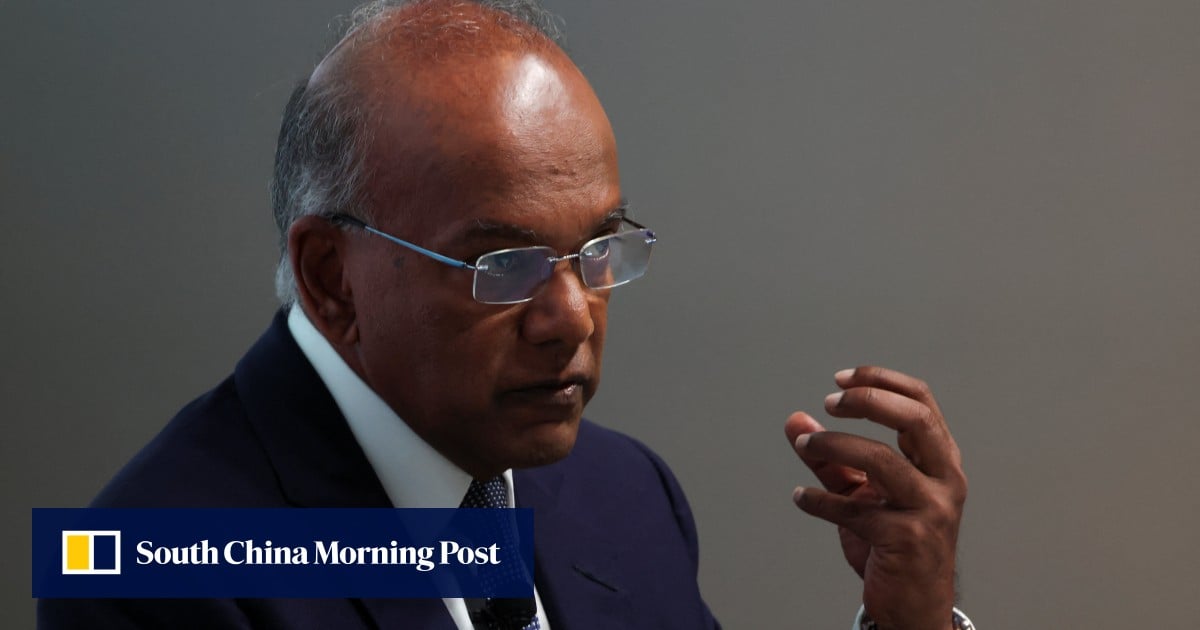1. Albanese named two ‘priority projects’ in Australia
The Australian prime minister specifically referred to two “priority projects”, one by Alcoa and the other by Arufura Rare Earths, that will get an injection of capital from the government as part of a broader list.
The first is a proposed gallium plant in Western Australia, to be co-located at one of Alcoa’s alumina refineries.
Gallium is a strategic mineral vital for modern technologies like military equipment – including in advanced electronic warfare systems such as missile guidance technology and radar.
The US is wholly dependent on gallium imports, with China having near complete dominance over its production – it is typically churned out as a byproduct by the country’s vast network of aluminium smelters.
Sign up: AU Breaking News email
Like much of the critical mineral supply chain, China priced out rival gallium producers over several decades until it achieved its monopoly position. The US briefly had a dedicated gallium mine in the 1980s, according to the Atlantic Council, an American thinktank, but it proved unsustainable.
The Australian government will invest up to $US200m in the Alcoa operation while the US will also have an ownership stake. Japan is also a project partner.
2. The deal aims to end China’s monopoly on rare earth production
China is a large producer of rare earths and has near-complete control over the refining processes needed to make the minerals useful. It also produces about 90% of rare-earth magnets.
Its recent curbs on supplies has shown how reliant the rest of the world now is on its supplies.
The Australian government announced it will provide a $US100m equity injection into the Arafura Rare Earths project, located north of Alice Springs in the Northern Territory.
The company, backed by Australia’s richest person, Gina Rinehart, plans to produce the rare earth oxides – neodymium and praseodymium – crucial to the production of magnets.
Rare-earth magnets are used in wind turbines, medical devices, combustion and electric motors and ballistic missile guidance systems.
The US government is considering investing up to $US300m, but first requires further due diligence.
Australia has some rare earths processing capability through Lynas’ WA facility and the government has backed the development of a project by Iluka designed to produce several oxides.
3. The deal doesn’t necessarily mean Australia will become a high-end manufacturer
Rare earths oxide in Australia would still need to be transported to global partners for metallisation, followed by magnet-making, given Australia does not currently have the manufacturing processes.
Tim Buckley, director of thinktank Climate Energy Finance, says it is urgent to position Australia as “more than a quarry digging and shipping our raw commodities”.
Government-commissioned modelling has shown building refining and processing capability for critical minerals means a greater share of trade and job creation.
4. The end product is designed for delivery to US and Australian buyers – not China
In recent years, Australian government officials have crisscrossed the country offering grants, funding and other assistance in order to develop domestic processing capabilities for critical minerals.
The mix of government money and public shareholder money raises questions over who the projects will sell to, and at what price, given China is the world’s dominant buyer of materials that go into the production of high-grade magnets.
The new framework is designed for delivery to American and Australian buyers and the deal is intended to support the supply of the minerals for the benefit of both countries’ commercial and defence industries.
One representative of a critical minerals project told Guardian Australia the company was “mindful of the context in which we’ve been funded” and that there’s an assumption they “won’t be making many sales to Chinese customers”.
The framework also discusses developing price floors.
Non-Chinese resources companies have long complained that Beijing’s near complete control over the supply chain means that it controls benchmark pricing.
This creates a problem for new producers, given prices could be kept low to prevent new projects from being feasible – an issue addressed through having a price the various critical minerals will not drop below.
5. Investors are profiting already
Australian critical minerals companies have enjoyed a stellar several weeks, with share prices rocketing amid hopes a new mineral boom has taken hold.
Shares in Arafura are up more than 150% in a month, enriching investors, while the Australian mining sector has described the framework as a “landmark step forward for both nations’ economic and strategic futures”.
There are, however, some voices within Labor describing the deal as “selling off the family silver”, with government fact sheets showing that America will get prime access through offtake agreements.
There is also the lingering question over how China will respond.


